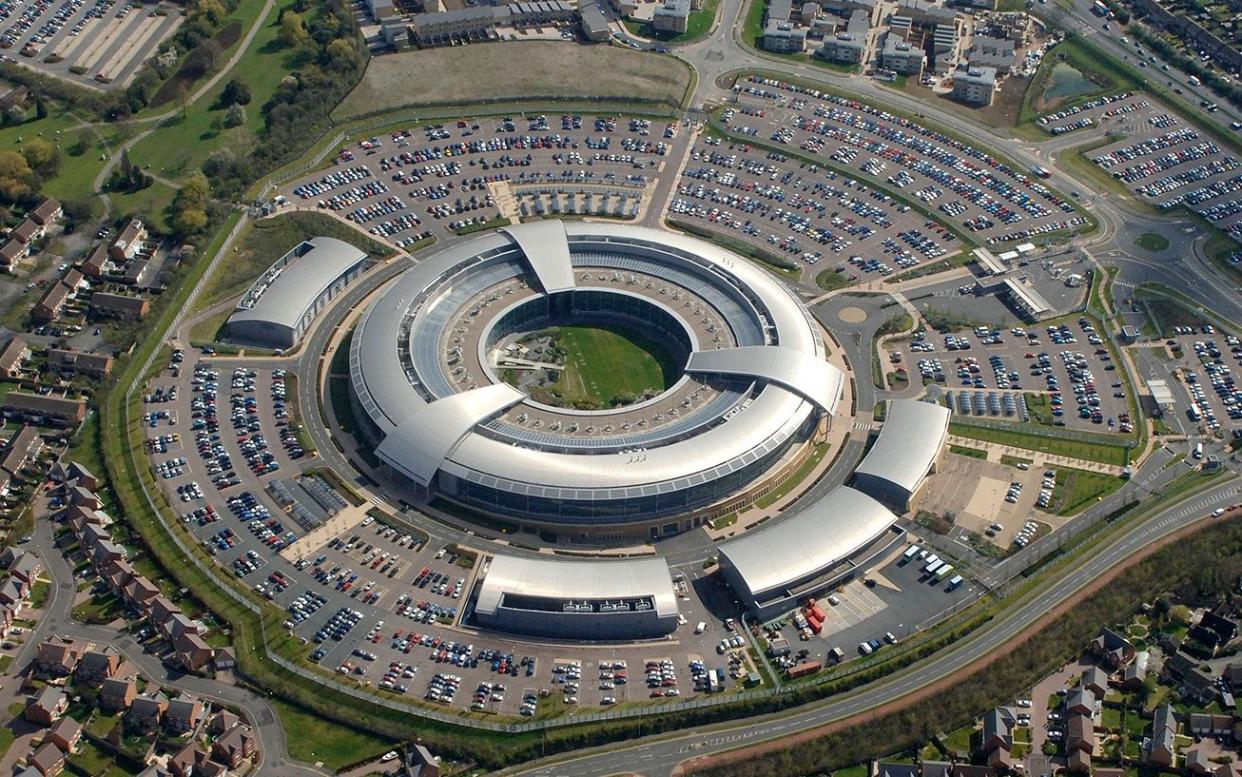GCHQ blocked employment of non-white applicants until 1980s, new book reveals

British intelligence services "blocked" the employment of non-white applicants until the 1980s, an authorised history of GCHQ has found.
History professor John Ferris was commissioned to write the first official history of the agency as part of its efforts to open up more to the public in its centenary year.
He found that "there is a colour bar in employment in GCHQ in the 1950s and 1960s – in other words, if you're not Caucasian they don't want you in and they take active measures to avoid hiring you. That's what all British security and intelligence organisations do at the time."
The book says that, by adhering to the Foreign Office's "four British grandparents" rule for applicants, designed to enhance security, GCHQ effectively "blocked admission to non- white applicants" until around 1980.
It adds that racism would have "constrained the chances of any who did apply". Non-white colonial subjects were only employed in Hong Kong and Singapore.
Mr Ferris's research also showed that GCHQ was "in many ways astonishingly open to working class men" compared to other Government departments and agencies, which would typically hire university graduates.
Mr Ferris, based at the University of Calgary, said it was important that he provided a "warts and all account" of the security agency's 100-year past, outlining its secret successes and failings. "GCHQ, to its credit, was willing to let me do that," he said.
Published on Tuesday, "Behind the Enigma" reveals previously unknown details about GCHQ, which works alongside MI5 and MI5 to tackle cyber, terrorist, criminal and state threats and attacks.
During the Falklands conflict of 1982, GCHQ withheld intelligence from the US, fearing some American authorities would leak the information to Argentina to further US influence in Latin America.
"Some information on British military policy – but not Sigint – was kept from NSA because of these fears. GCHQ was under pressure from MoD to minimise its intelligence exchange with NSA, which is almost impossible in technical terms," Mr Ferris told The Telegraph.
